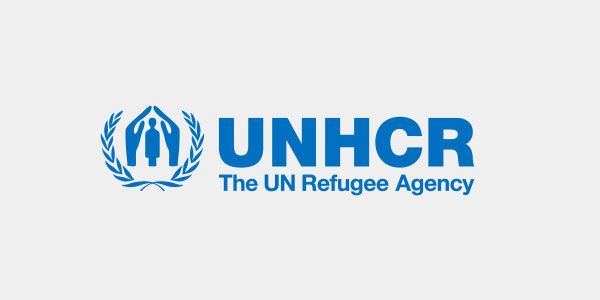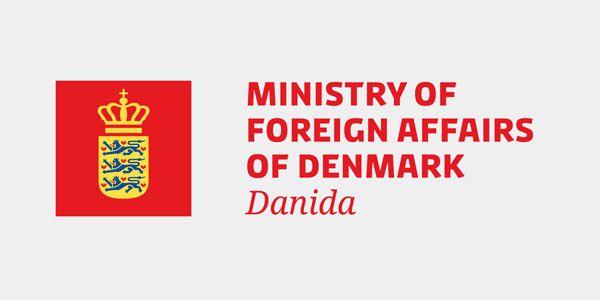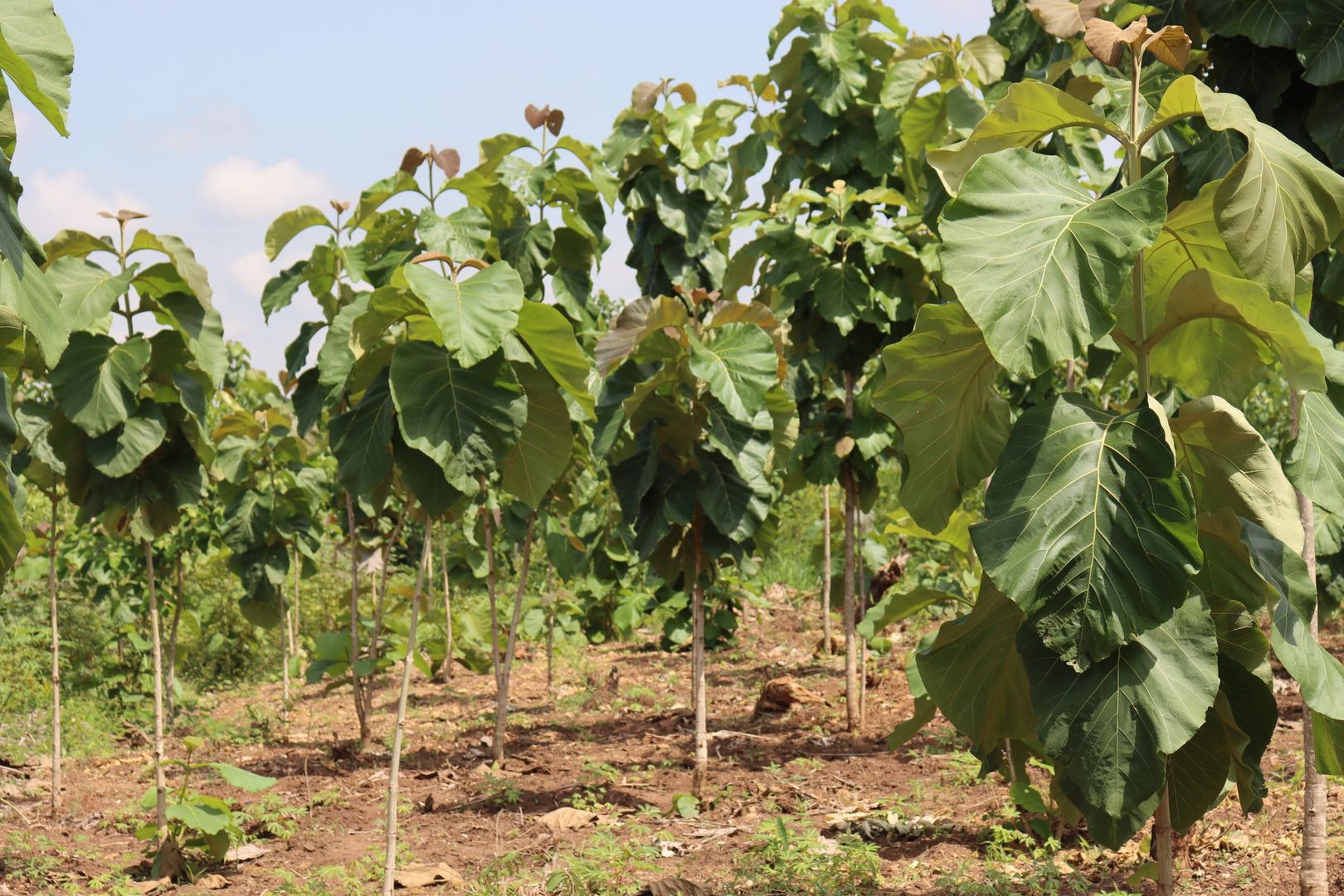The Issue
Refugees and host communities are mostly dependent on natural resources to meet their basic needs for cooking energy, materials for shelter and agricultural land. Some also generate income by selling biomass and non-wood forest products. However, as the refugee population continues to grow, increased pressure on land and natural resources (water, forests) and accelerating environmental degradation, represent a major challenge, including in refugee-hosting districts where the refugees’ needs, and growing population add to the pressure. In addition to leading to environmental degradation and reduced groundwater recharge and supply, these demands contribute to increased risk of GBV for women and children whilst collecting fuel wood, to reduced food and nutrition security and to depleted sources of cooking fuel.
Competition over diminishing natural resources can cause tension and disrupt peaceful co-existence between refugee and host communities whilst access to clean and sustainable energy remains a challenge. Increased deforestation and environmental degradation around refugee settlements coupled with delayed rains, change in rainfall patterns, and scarcity of wood fuel, also present major issues.
The Project
The Environment and Energy Project activities aim to increase access to clean and sustainable energy in refugee settlements and host communities, as well as contribute to reducing environmental degradation and pressure on natural resources, both of which remain major challenges as refugee and host populations continue to grow.
Since 2019, DCA Uganda with financial support of UNHCR and DANIDA, has been supporting environmental restoration, green livelihoods, and access to safe, affordable, and clean energy for refugees and host communities in West Nile Region refugee hosting districts (Yumbe, Terego, Madio-Okollo, Koboko, and Kiryandongo, which are home to over 515,000 South Sudan and DRC refugees), as well as urban refugees in Kampala. This project is implemented in partnership with Humanitarian Assistance and Development Services (HADS) and Raising Gabdho Foundation (RGF).
The project aims to restore the environment, which has been severely impacted by the influx of refugees and the resulting high demand for forest products; to promote green livelihood activities for both refugee and host communities through agroforestry, shea nut butter production, and beekeeping techniques; and to introduce and promote alternative clean energy sources and fuel-efficient technologies.
The Change
Over 2.5 million tree seedlings (mostly indigenous) have been planted on individual woodlots, institutions, and avenues so far, with an encouraging survival rate of more than 80%. In addition, approximately 19,600 refugee and host community households have received assistance in planting fruit and fast-growing trees in their homes. By providing training and inputs, DCA also assisted refugee households in growing food crops and engaging in other green-livelihood activities in the plantation sites.
DCA has also promoted a variety of technologies such as briquettes production from agricultural wastes, fuel efficient stoves, heat retaining baskets, and affordable solar technologies. In this way, the project has contributed to peaceful coexistence of refugee and host communities by promoting initiatives such as agroforestry, which benefits both refugees and host communities while reducing competition for scarce resources. The search for firewood was also one of the factors that exposed women and girls to a variety of safety threats, including rape. DCA’s intervention on access to clean and affordable energy sources, as well as fuel-efficient technologies, has helped to reduce such risks. Over 20,000 fuel efficient stoves and 1896 heat retaining baskets have also been distributed to refugee households as part of this project, as well as 962 tonnes of briquettes produced by 23 briquette producing groups and distributed to 1300 people with specific needs.
About this project
Project Period: January 2017 to Present
Donor: UNHCR and Danida
Funding for 2022: 1,059,107 USD (862,431 USD from UNHCR and 196,676 USD from Danida)



